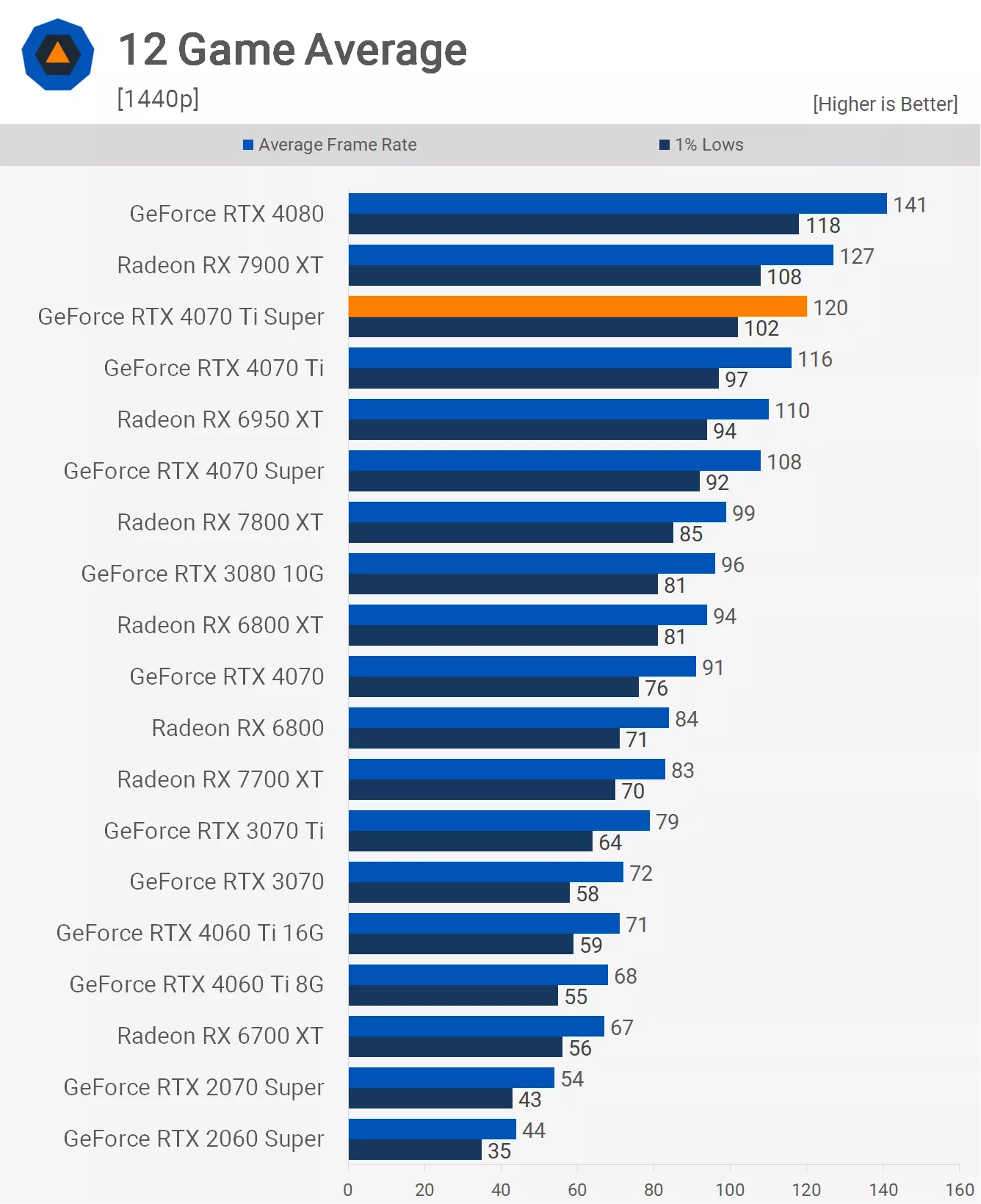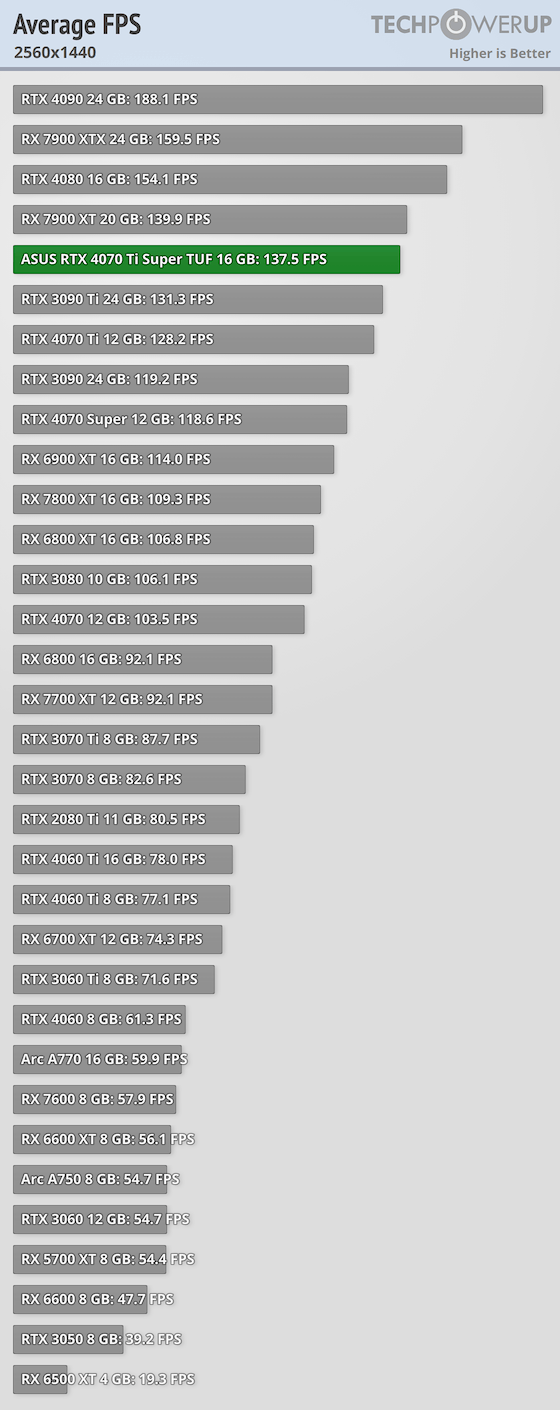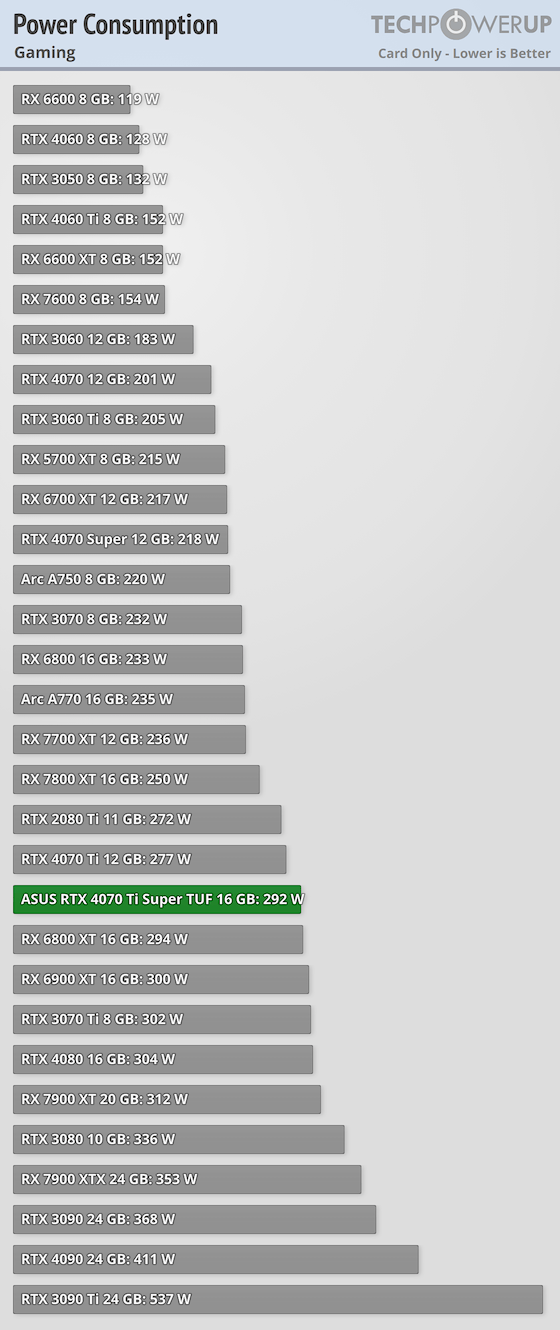Hey there, so I have an incredibly simple question compared to many other posts perhaps.
I’m simply wondering is the 4070 Ti Super worth the extra money?
I know the 4070 Super is great value but on my current 3060-Ti I only have 8 GB VRAM which sometimes isn’t enough to play some games at 1440p max settings which has made me a bit paranoid about VRAM and seeing that the 4070 Ti Super has 16GB VRAM instead of 12 of the regular 4070 Super makes this question appear.
In summary: I’m slightly paranoid about VRAM and wondering if the 4070 Ti-S is worth the extra money over the 4070-S?
I’m simply wondering is the 4070 Ti Super worth the extra money?
I know the 4070 Super is great value but on my current 3060-Ti I only have 8 GB VRAM which sometimes isn’t enough to play some games at 1440p max settings which has made me a bit paranoid about VRAM and seeing that the 4070 Ti Super has 16GB VRAM instead of 12 of the regular 4070 Super makes this question appear.
In summary: I’m slightly paranoid about VRAM and wondering if the 4070 Ti-S is worth the extra money over the 4070-S?





